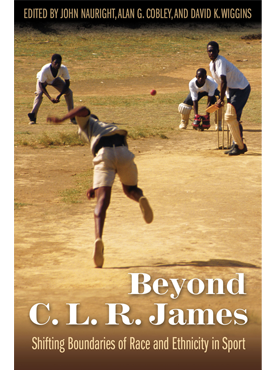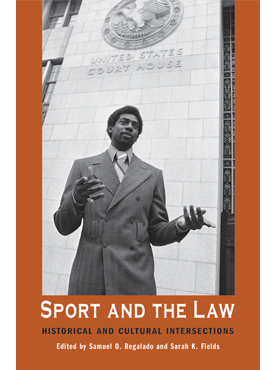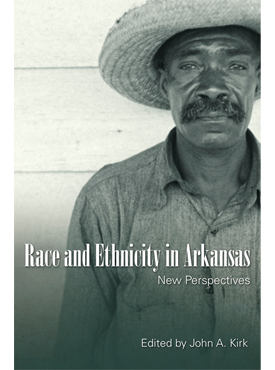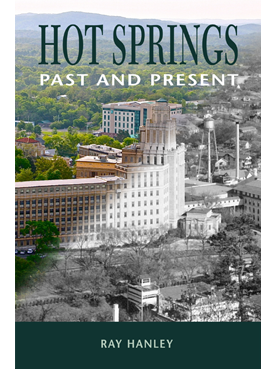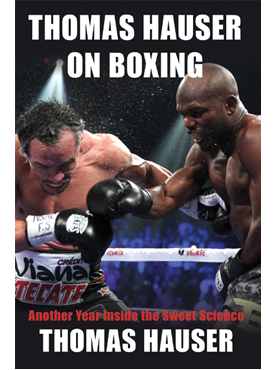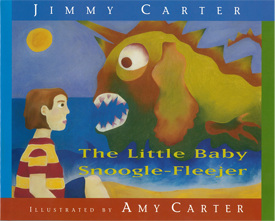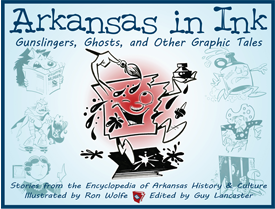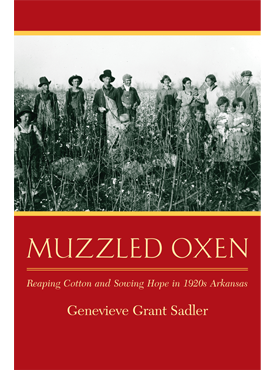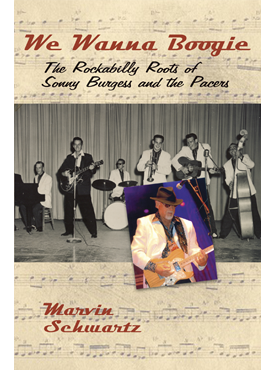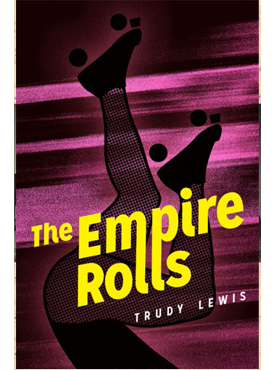Designed to appeal to students of history and foodies alike, American Appetites, the first book in the University of Arkansas Press’s new Food and Foodways series, brings together compelling firsthand testimony describing the nation’s collective eating habits throughout time.
Beyond C. L. R. James brings together essays analyzing the interconnections among race, ethnicity, and sport. Published in memory of C. L. R. James, the revolutionary sociologist and writer from Trinidad who penned the famous autobiographical account of cricket titled Beyond a Boundary, this collection of essays, many of which originated
at the 2010 conference on race and ethnicity in sport at the University of West Indies, Cave Hill in Barbados, cover everything from Aborigines in sport and cricket and minstrel shows in Australia to Zulu stick fighting and football and racism in northern Ireland.
This new collection examines not only how athletes looked to the nation’s judicial system to solve conflicts but also how their cases transformed the interpretation of laws. These essays examine a vast array of social and legal controversies including Heywood v. NBA (1971), which allowed any player to enter the draft; Flood v. Kuhn (1972), which considered
baseball’s antitrust status; the Danny Gardella lower level 1948 case regarding free agency and baseball; Muhammad Ali’s celebrated stance against the U.S. draft; Renée Richards’s 1976 lawsuit against the U.S. Tennis Association and its due process ramifications; and human rights violations in international law with respect to the increased recruitment of underage Latin baseball players in the Caribbean region are a few examples of the vast array of stories included.
Race and Ethnicity in Arkansas brings together the work of leading experts to cast a powerful light on the rich and diverse history of Arkansas’s racial and ethic relations. The essays span from slavery to the civil rights era and cover a diverse range of topics including the frontier experience of slavery; the African American experience of emancipation and after; African American migration patterns; the rise of sundown towns; white violence and its continuing legacy; women’s activism and home demonstration agents; African American religious figures from the better know Elias Camp (E. C.) Morris to the lesser-known Richard Nathaniel Hogan; the Mexican-American Bracero program; Latina/o and Asian American refugee experiences; and contemporary views of Latina/o immigration in Arkansas. Informing debates about race and ethnicity in Arkansas, the South, and the nation, the book provides both a primer to the history of race and ethnicity in Arkansas and a prospective map for better understanding racial and ethnic relations in the United States.
Hot Springs: Past and Present makes a perfect walking companion for anyone visiting the town and wishing to learn more about this one-of-a-kind place through not only the photographs but also the informative text that provides a good overview of the town’s history.
Thomas Hauser on Boxing is the latest in the popular annuals bringing together all Hauser’s writing from the previous
year. Readers will enter the dressing room with elite champions in the moments before some of 2013’s biggest fights. Hauser’s award-winning investigative journalism is on display in his prize-winning exposé of the tragedy that befell heavyweight boxer Magomed Abdusalamov. There’s a look at the incomparable Don King in the twilight of his career, and much more.
Originally published in 1995, this favorite family story has been joined with Amy Carter’s vibrant illustrations to bring to life a secret friendship that produces unexpected rewards when tragedy looms in a young boy’s life.
In 1837 Representative Joseph J. Anthony stabs the speaker of the house to death during a debate about wolf pelts. In 1899 Hot Springs police shoot it out with the county sheriffs over control of illegal gambling. In 1974 President Richard Nixon resigns in part due to the outspokenness of Pine Bluff native Martha Mitchell. In this special print project of the online Encyclopedia of Arkansas History & Culture, legendary cartoonist Ron Wolfe brings these and many other stories to life. Accompanied by selected entries from the encyclopedia, Wolfe’s cartoons highlight the oddities and absurdities of our state’s history. Seriously, you couldn’t make up this stuff. [Distributed for Butler Center Books]
In the 1920s Genevieve Sadler left her home in California for what she thought would be a short visit to the Arkansas farm where her husband grew up. The visit lasted seven years, and Sadler’s life was changed forever in the time she spent among the cotton farms near Dardanelle in Yell County, Arkansas, on the eve of the Great Depression. Based on her long and detailed letters to her mother, she wrote this engaging memoir with its rich portrait of a small town and its inhabitants, many of whom were poor cotton farmers working on shares. [Distributed for Butler Center Books]
Rock and roll pioneer and Newport native Sonny Burgess is a member of the Rockabilly Hall of Fame. In this book full of personal interviews and remembrances, Burgess and his band tell of their original recordings for Sun Records in the 1950s; their shows with greats such as Elvis Presley, Johnny Cash, and Jerry Lee Lewis; and their success in the contemporary rockabilly revival. [Distributed for Butler Center Books]
Sally LaChance leads a double life. By day, she works as a park ranger in a midsized Missouri town. At night, she acts as emcee for the local roller derby team, the Boonslick Bombers, at the Empire Roller Rink. Sally loses her temper one day and pulls a gun on a group of polluters in Karst Park. Her boyfriend, a video artist, captures the moment on film and posts the footage to YouTube, putting Sally’s job, her relationships, and her life at risk.
Just before the financial crash of 2008, Sally LaChance must wind her way through the crumbling economy, a DIY skating corps, angry veterans, a slacker boyfriend, an evangelical mother, the war machine, and ever-encroaching private interests. The Empire Rolls captures the changing cultural landscape of the Midwest at a critical moment in history. The Empire Rolls. And it is rolling still.


